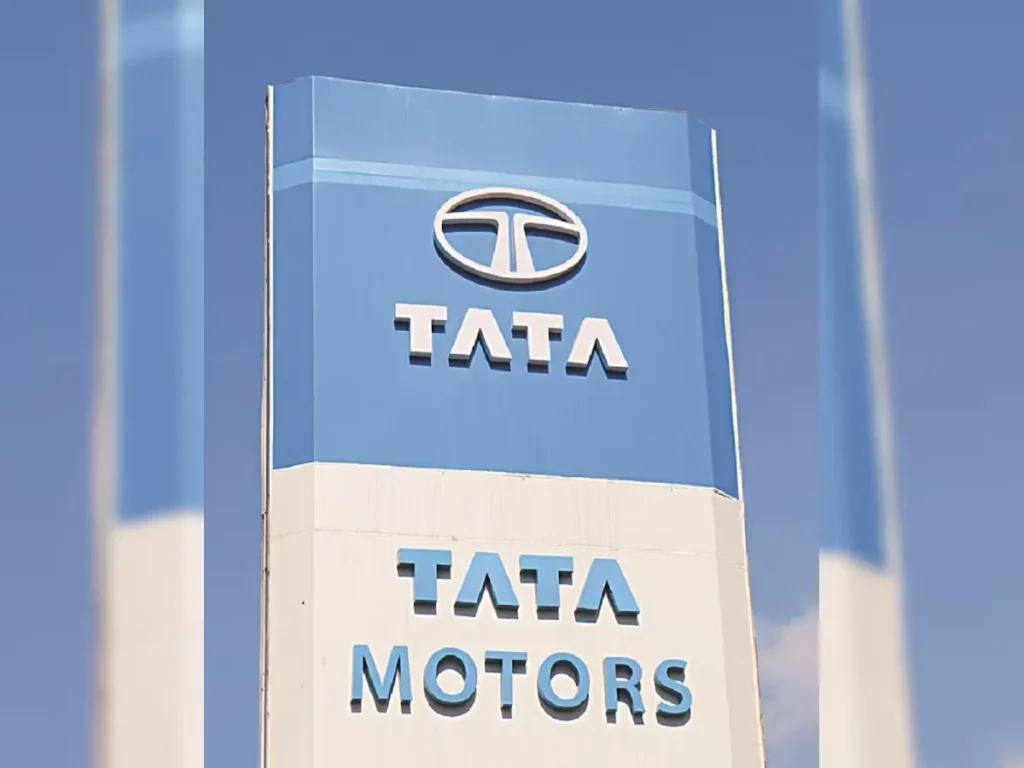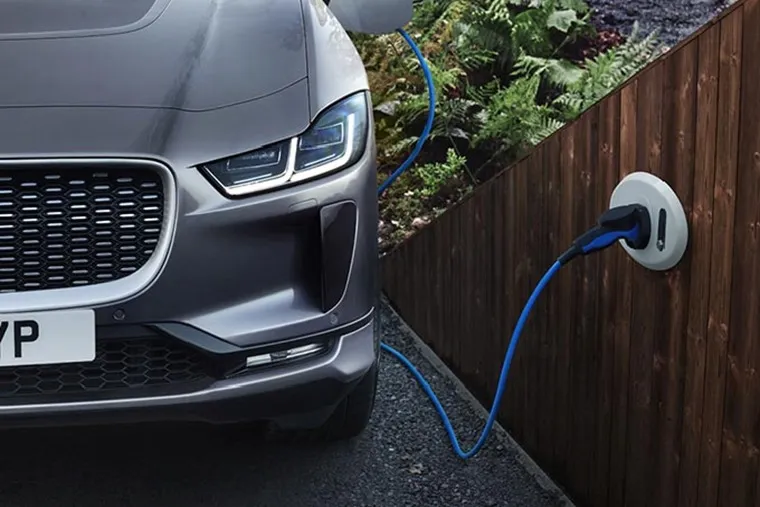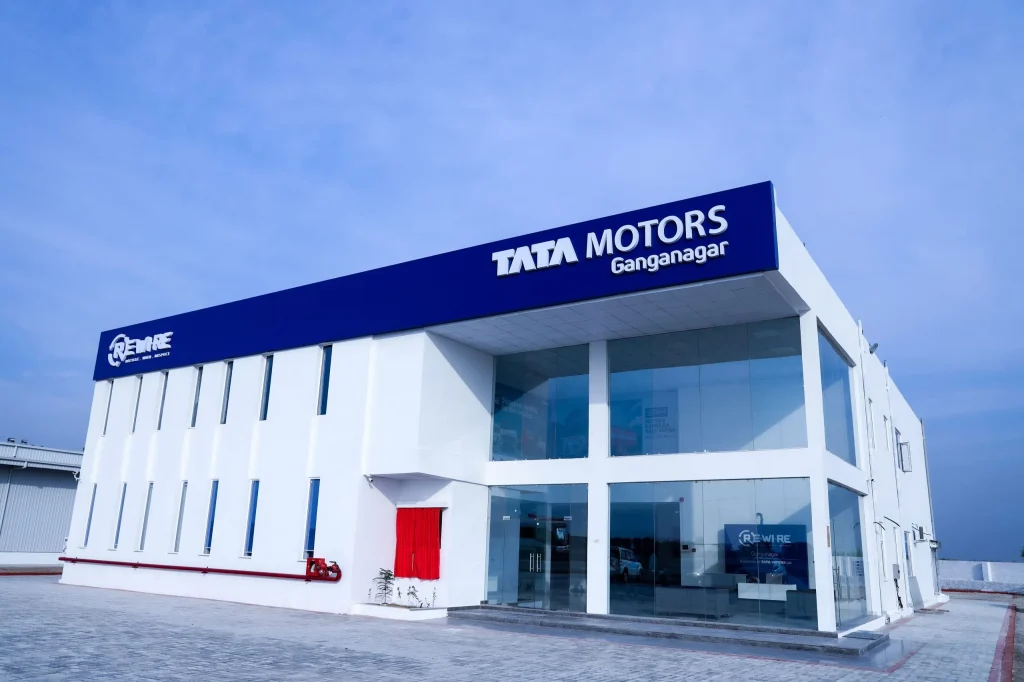Tata Motors has announced plans to establish a state-of-the-art facility in Tamil Nadu that will manufacture both traditional internal combustion engine vehicles (ICEVs) and electric vehicles (EVs) for both domestic and international markets. This greenfield plant will enhance synergies between Tata Motors’ Passenger Vehicle (PV) division and its British luxury arm, Jaguar Land Rover (JLR). The facility, set to be operational by 2032, will be capable of producing a combination of vehicles from both brands, according to Chief Financial Officer P.B. Balaji.

Investment in Tamil Nadu Manufacturing Hub
The company signed a memorandum of understanding (MoU) with the Tamil Nadu government on September 28 to establish the new plant in Ranipet. With an investment of Rs 9,000 crore, the project is expected to generate 5,000 jobs. Tata Motors is also focusing on optimizing its existing capacities at its Sanand Plant, acquired from Ford India, while gradually scaling up production at the new facility. Balaji emphasized that the new plant will play a crucial role in Tata Motors’ next phase of expansion, once the Sanand plant reaches its full capacity.
JLR Models and Electrification Plans
Tata Motors revealed that some Jaguar Land Rover models produced at this plant will be based on the company’s new Electrified Modular Architecture (EMA). This architecture is designed for premium electric vehicles, highlighting Tata Motors’ commitment to electric mobility. Although the plant is not expected to be fully operational until 2032, it will start producing a combination of Tata and JLR models sooner, offering both electric and internal combustion engine vehicles.

No Immediate Plans for Battery-as-a-Service
Tata Motors has also shared its stance on the Battery-as-a-Service (BaaS) model. While the company has been considering the BaaS option to boost its EV volumes, it has not yet decided to implement this service. The company believes that most customers still prefer to purchase their vehicles rather than use the BaaS offering. However, Tata Motors remains open to exploring this option if consumer demand grows, with Balaji noting that the economics of EVs and Total Cost of Ownership (TCO) are becoming more clearly understood by consumers.

Challenges in BaaS Implementation
Balaji further pointed out that Tata Motors is cautious about introducing BaaS due to concerns over potential tax implications, including GST issues, which may affect the service’s viability. While the company is willing to explore BaaS for its electric models such as the Tiago, Tigor, and Nexon, Tata Motors needs to consider the full economic impact before making a decision.
In conclusion, Tata Motors is taking significant steps toward modernizing its production capabilities and expanding its electric vehicle offerings. The new Tamil Nadu plant represents an important part of the company’s growth strategy, blending traditional automotive production with next-generation EV technology.
